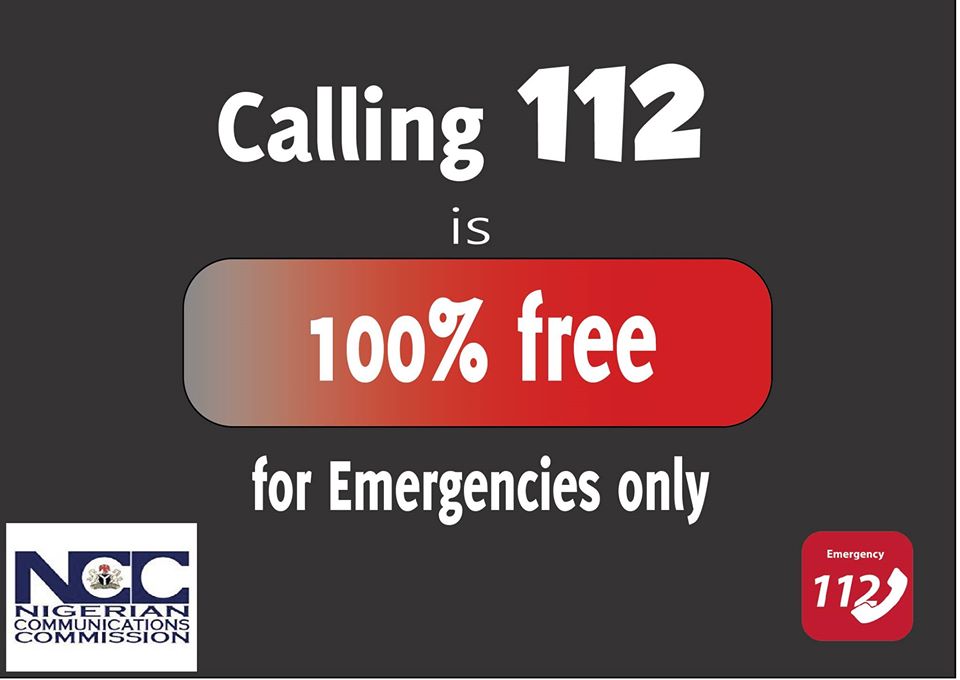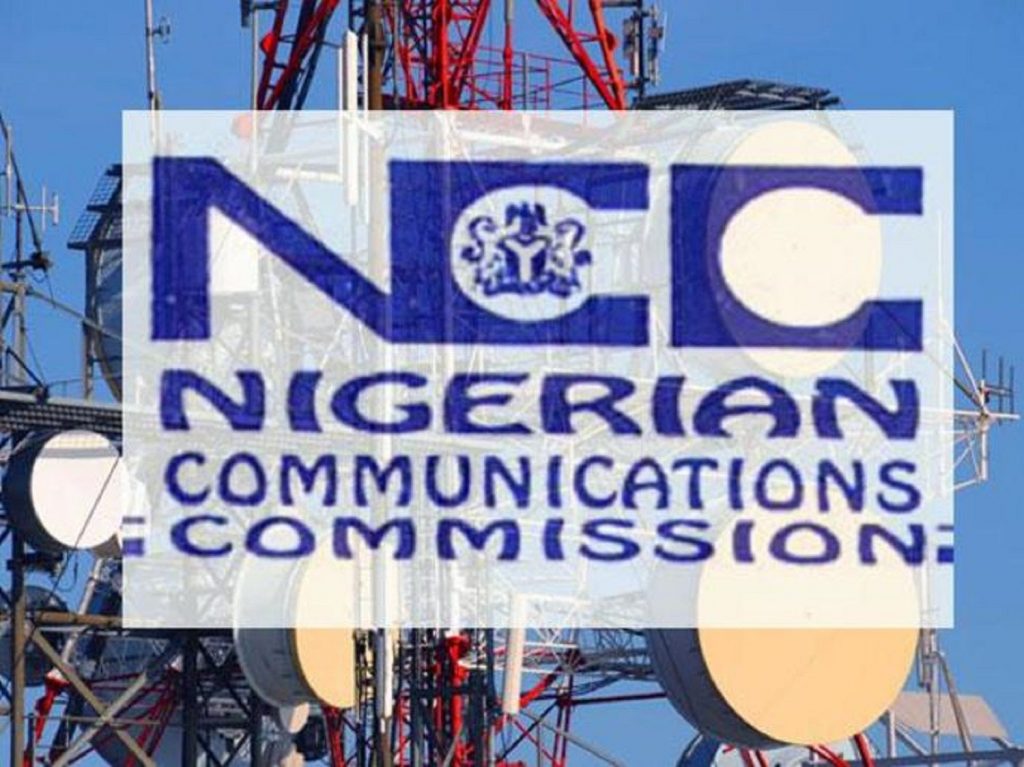In the nation’s collective efforts to fight the spread of Coronavirus pandemic, also known COVID-19, the National Emergency Number 112 established by the Nigerian Communications Commission (NCC) comes handy to provide succour to Nigerians.
Checks by DigitalTimesNG show that Nigerians are able to call emergency response agencies/or first responders with respect to any issue they may want to report on the Coronavirus or other health-related issues and emergencies.
Already, states and federal government agencies are leveraging the 112 National Emergency Number, whose calls are handled through the Emergency Communication Centre (ECC) established by the Commission across the country.
The ECC project is the brainchild of NCC to enable easy communication by Nigerians with emergency first responders such as Police, Fire Service, Federal Road Safety Corps, and the National Orientation Agency (NOA) among others, by dialling the three-digit toll-free Number 112.
Recall that on assuming office as the Executive Vice Chairman of NCC in 2015, Prof. Umar Danbatta, quickly put machinery in place to accelerate the implementation of ECC across the country in line with the decision of the Nigerian government to enhance the security of lives and property and as mandated by the Nigerian Communications Act (NCA) 2003.

The NCC fast-tracked the execution of the emergency project, whose implementation had hitherto been dragging, in recognition of its mandates to promote and enhance public safety through the use of a particular number, which shall be designed as the universal safety and emergency assistance number for telephone services generally.
So far, the ECCs, with their operational 112 toll-free emergency number, has been implemented in 17 states of the Federation and the Federal Capital Territory (FCT).
Aside FCT, beneficiary states of the ECC include Benue, Kwara, Plateau, Kaduna, Kano, Katsina, Ogun, Ekiti, Ondo, Oyo, Edo, Akwa Ibom, Cross Rivers, Imo, Enugu, Anambra and Adamawa.
Efforts are ongoing by the Commission to deploy the ECC facility in other states of the Federation.
Today, the 112 National Emergency Number is fully available in all the aforementioned states and FCT and can be leveraged by Nigerians, as an alternate number to reach first responders at this period of COVID-19 when seeking help and assistance from applicable government response agency during emergencies.
Elsewhere, the Governor of Edo State, Godwin Obaseki had identified the centrality of the 112 number towards handling citizens’ calls for help in this time of Coronavirus pandemic.
Obaseki, in a state-wide broadcast to sensitise the people of the state on the epidemic, urged the people of Edo State to take advantage of 112 three-digit, toll-free number to get help from response agencies in case they want to pass critical information to the government and the State Task Force on COVID-19.

DigitalTimesNG recalls that President Muhammadu Buhari, on March 19, 2020, unveiled the Abuja ECC facility and flagged off the 112 National Emergency Number during the commissioning of the NCC’s Communications and Digital Economy Complex at the Mbora District of Abuja.
The President had explained at the event that the 112 Number demonstrates his administration’s resolve to keep Nigerians safe.
President Buhari said, “We have taken advantage of digital technologies to ensure that Nigerians in distress are only a dial away from the relevant emergency response institutions in the country” via the 112 Number.
According to him, the NCC’s 112 National Emergency Number will go a long way in supporting the government’s efforts to improve the security of lives and property.
With Coronavirus spreading across the globe and more people living in isolation, the NCC’s 112 Number is providing alternatives for people to stay in touch and institutions to provide the needed basic life-saving services to the populace.

